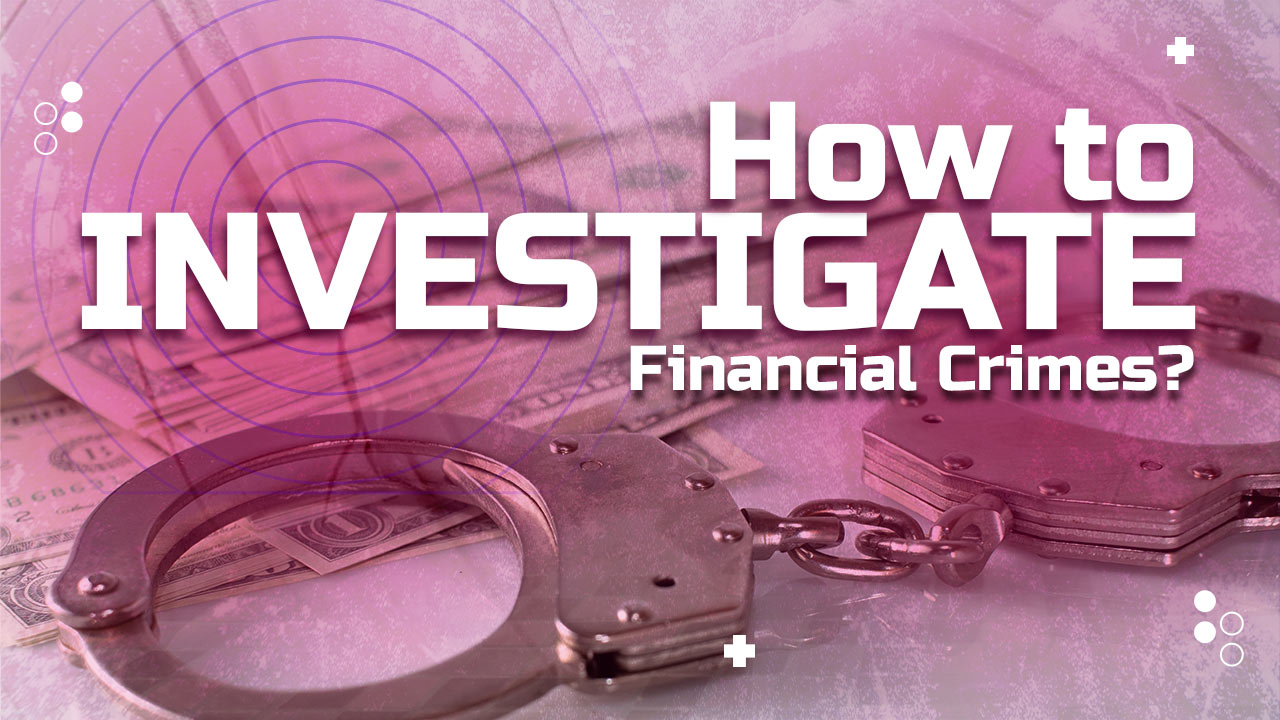How to Investigate a Financial Crime?
Are you a victim of financial crime? If so, someone may have taken advantage of your hard-earned money without your knowledge. The good news is there are steps you can take to get to the bottom of things and determine who was responsible – if anyone. Knowledge is power, and taking the time to equip yourself with the necessary information could go a long way toward getting answers or even recouping what was lost from the perpetrator of these heinous acts. Keep on reading for tips on how to investigate a financial crime!
What is a Financial Crime Investigator?
A financial crime investigator is responsible for investigating financial crimes such as fraud, money laundering, and embezzlement. They may work for government agencies, such as the Federal Bureau of Investigation (FBI) or the Internal Revenue Service (IRS), or private companies, such as banks or accounting firms.
Financial crime investigators use a variety of techniques to gather evidence, including interviewing witnesses and suspects, conducting surveillance, and analyzing financial records. They also work closely with other law enforcement agencies and financial institutions to share information and coordinate investigations.
Overall, the role of a financial crime investigator is to detect, investigate, and prevent financial crimes, and bring those responsible to justice.
Does the Secret Service Investigate Financial Crimes?
Yes, the Secret Service investigates financial crimes, particularly those that involve fraud, counterfeiting, and identity theft. The Secret Service’s main responsibilities include protecting the nation’s financial infrastructure and payment systems, as well as investigating financial crimes such as bank fraud, credit card fraud, and cybercrime.
The agency also works to prevent the counterfeiting of U.S. currency and other government documents. The Secret Service also investigates cases of identity theft, which is a growing problem in the digital age and includes the unauthorized use of personal information for financial gain. They also investigate electronic crimes such as hacking, malware, and phishing.
How to Investigate Financial Crimes?
Investigating financial crimes requires extensive knowledge of financial processes and methodologies. It is important to focus on identifying signs of suspicious activity, while also being able to sift through transactions and detect patterns that indicate potential criminal activities.
In addition to gathering evidence, an investigator must be well-versed in legal aspects related to these kinds of issues so they can create solid cases and bring in sufficient evidence for their claims. It is a complex process, but taking the time to conduct a thorough investigation will provide a much better understanding of criminal operations and potentially uncover more evidence or issues that need addressing.
Conclutions
To conclude, financial crime investigators are highly-qualified professionals who play a critical role in protecting individuals and businesses from fraudulent transactions. This requires specialized investigative skillsets and experiences that result in successful prosecutions. It is important to have a thorough understanding of the laws governing fraud and to use those laws skillfully to investigate crimes.
Each financial crime case is unique, but all will require diligence, determination, and creative problem-solving to get justice for victims. Being well-informed on how to investigate financial crimes can enable investigators to be proactive in combating fraudulent activity before it has had a chance to cause greater harm. With the right tools, knowledge, and passion for justice, anyone can become an effective financial crime investigator and make our economy stronger through their work.
Hire an expert today with Cyber Investigation. We are trained experts in dealing with these financial crimes. Reach out for help today!







